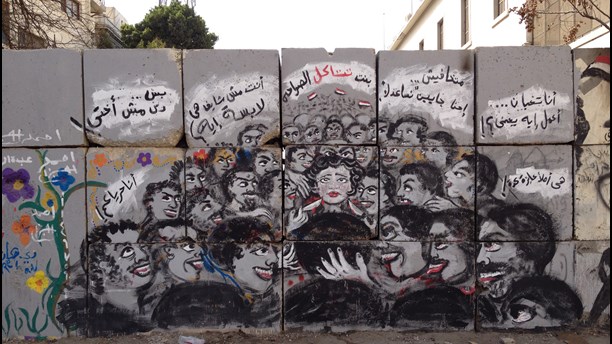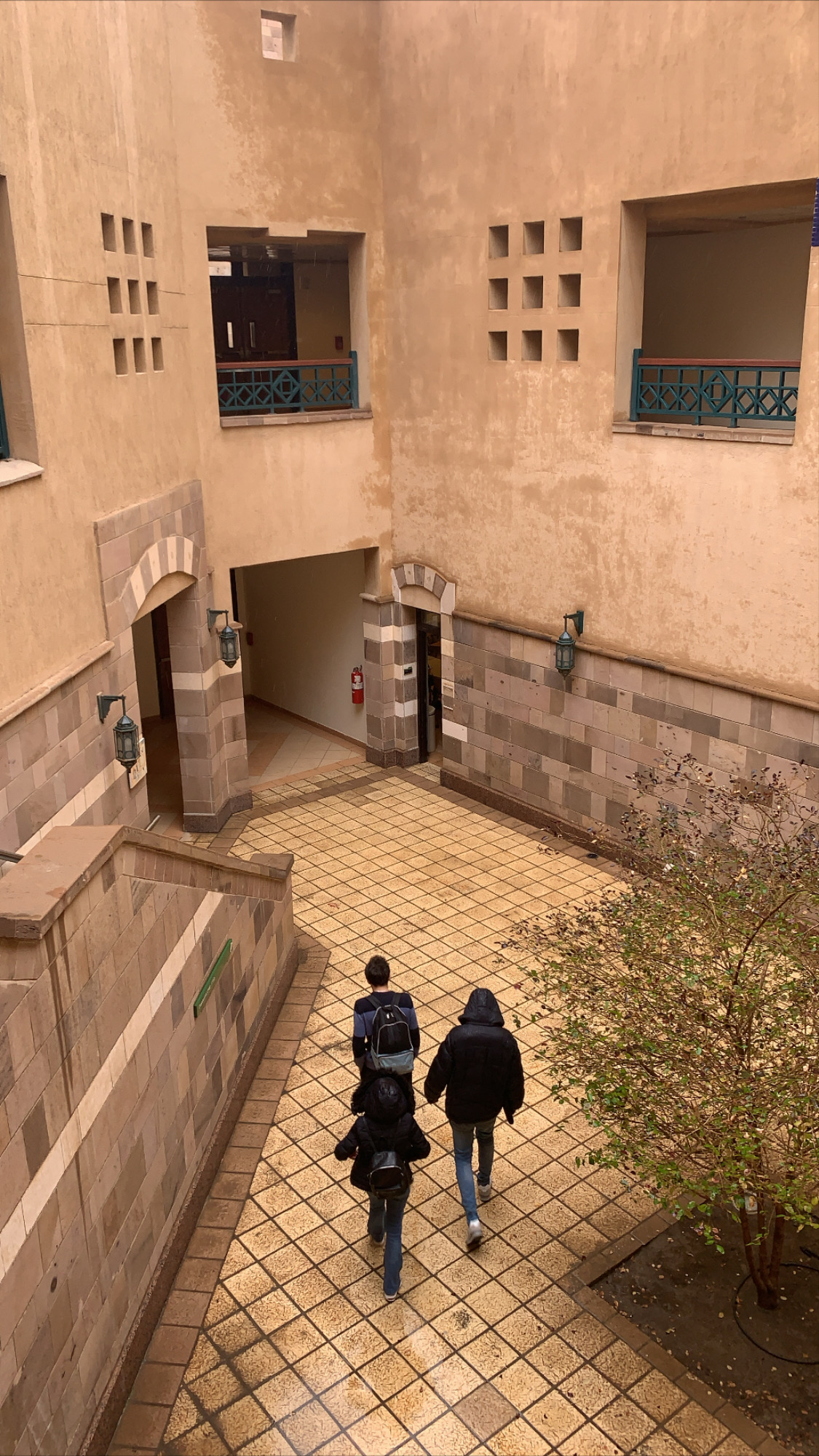Parliament Drafts New Bill to Combat Domestic Violence
Against Honor Codes
By: Nourane Selim
Follow @nouraneselim97
The Egyptian Parliament is currently studying a new draft law which would define and criminalize domestic violence.
The National Council of Women (NCW), which has spearheaded efforts to introduce the new draft law to parliament, defines domestic violence as “all kinds of acts or behaviors that harm someone materially or morally, including threat, abuse, rape, harassment and denial of inheritance.”
The new draft law is part of an ongoing campaign to highlight women’s issues – especially sexual harassment and violence, which appear to have increased in severity since 2011.
A United Nations (UN) Women survey in 2013 indicated that 99.3 percent of Egyptian women have experienced some type of sexual violence.
“The current Egyptian Penal Code (Law No. 58 of 1937) does not fully protect women against violations and therefore we, the Human Rights Committee (HRC), decided to draft a bill for a new law to fight violence against women,” Member of Parliamen and Second Deputy Chairman of the HRC Margaret Azer told The Caravan.
In several parliamentary discussions the HRC discussed violations against women, including rape, sexual harassment, issues of inheritance and child marriage.
Azer said that violations fell into two categories: general violations usually refer to the ones pertaining to education, health and employment.
Specific violations, on the other hand, refer to conditions that negatively affect a woman’s body or psyche, like rape and sexual harassment.
According to Article 267 of the Penal Code, rape is defined as the full penetration of a woman without her free consent; meaning that the state does not legally acknowledge male rape victims or other forms of sexual violence against men.
Article 268 defines sexual assault as a crime of indecency that does not amount to the crime of rape, but is still offensive to the victim.
The Egyptian Court of Cassation specified that for sexual assault, the gender of the criminal and victim may either be male or female, indicating that full penetration is a key factor in determining whether or not an incident is rape or sexual assault.
But the current Egyptian Penal Code does not allow for the execution of rapists, specifying a penalty of 25 years in prison for those who have been found guilty.
A death sentence is handed out only if the rapists also murders the victim.
This is too forgiving, the HRC says.
They have proposed a death sentence be handed down to convicted rapists if the victim is below 18 or suffers from mental illness.
If the victim is over 18, the presiding judge will consider the severity of the crime and pass down a death sentence or life in prison.
While Azer believes the death penalty will not guarantee a zero percent rate of rape incidents, she said it will help alleviate the problem.
“Murderers are sentenced to death, but death has never prevented murders.”
But NCW’s Ahlam Hanafy believes the death penalty for rape is a means to exorcise the phenomenon in Egypt.
“If the death penalty becomes an actual punishment the phenomenon of violence against women will disappear and rapists will be intimidated,” Ahlam Hanafy, member of the National Council of Women (NCW), told The Caravan.
While both genders are subjected to sexual violence, the Egyptian legal system does not recognize the rape of men and solely focuses on cases of heterosexual assault.
But the draft law does tackle the spectre of sexual harassment and proposes the harshest punitive measures – hefty fines and at least a year in prison – against those found guilty.
The draft bill also addresses the growing number of children subjected to sexual assault.
It states that if the victim of harassment is younger than 10 years old, the harasser will be sentenced to life in prison.
The tenets of punishment in the draft law may partially satisfy the demands of rights groups in Egypt, who have been calling on the government to take action against sexual violence, particularly in the wake of the 2011 uprising.
Azer said that there are different structural factors behind the continuous increase in rape and sexual harassment cases in Egyptian society including religious extremism and fundamentalism, poverty, and most importantly, the lack of proper education.
She maintains that severe punitive measures may not be enough to eradicate the problem.
She proposes that punishment work in tandem with a focused campaign of education, media responsibility, and involvement of moderate religious practices
To increase the reach of this effect, both the government and civil society organizations would have to work together to carry this message through.
Hanafy, however, believes it is the decline in moral conduct and public social responsibility that has contributed to the rise in sexual violence in the country.
But she, too, believes that parents and schools should work on raising awareness regarding violence against women, while fighting for full access to education for girls.
She also stressed the importance of reporting such cases and how this is a crucial step in combating the spread of the phenomenon.
“Rape and harassment incidents might decrease if women reported the cases and insisted on gaining their rights,” she told The Caravan.
Hanafy said that a few government bodies, like the NCW, are actively available across the country for consultations and assistance.




